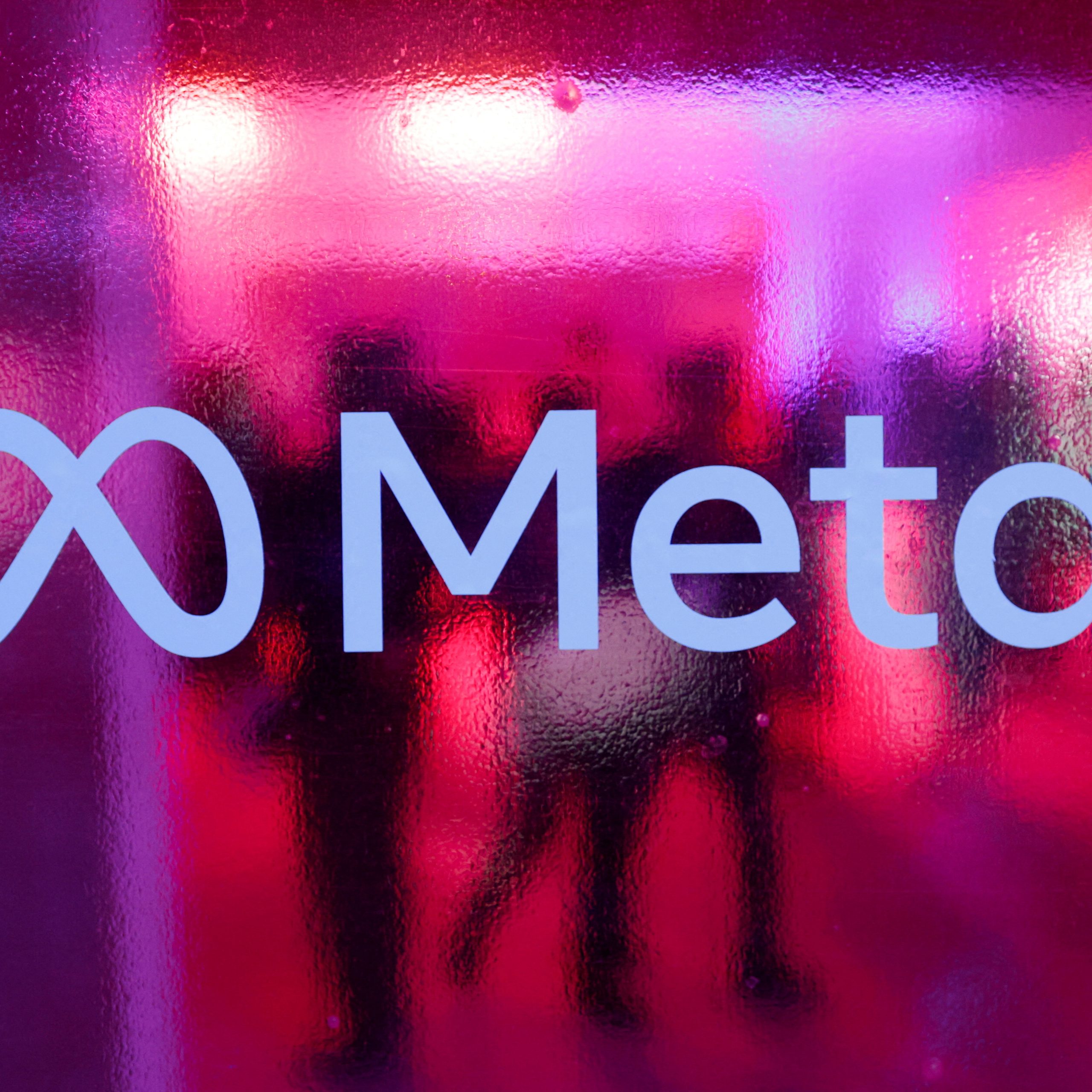The state of Texas has reached a $1.4 billion agreement with Meta Platforms, the corporate parent of Facebook, over allegations that the company illegally collected biometric data through facial recognition technology. The state accused Meta of harvesting information from millions of Texans without their consent.
The state’s lawsuit, filed in 2022, accused Meta of using facial recognition technology to gather biometric data from photos and videos uploaded to Facebook by users. Texas argued that this was a violation of a 2009 Texas law on biometric privacy, which carries fines of up to $25,000 per offense for unauthorized collection. Texas Attorney General Ken Paxton said the deal reflected its determination to stand up to the world’s biggest technology companies and hold them accountable for breaking the law and violating Texans’ privacy rights.
Texas holds Meta responsible for data misuse
The case centered on Meta’s “Tag Suggestions” feature that deployed facial recognition technology to automatically propose tags for people seen in photos. According to the state, it captured biometric information “billions of times” illegally through this tool from users based in Texas. While denying any wrongdoing, Meta agreed with the settlement and showed interest in investing more within Texas including the establishment of data centers.
According to Texas’ legal team, these actions by Meta affected millions living in its territory by exposing them to various risks such as misuse or even abuse. Especially considering their respective biometrics details were also involved during those processes undertaken by this multinational corporation. This agreement reflects the seriousness associated with these concerns along with ensuring people’s rights are protected against unauthorized disclosure or access at all times.
The settlement with Meta sends a strong message to tech companies about the importance of adhering to biometric privacy laws. As more people become concerned with digital security there has been greater scrutiny over firms’ methods of collecting storing and utilizing such data including biometric information. This may cause states to reevaluate their laws governing biometrics and how they enforce them in light cases involving the protection of user privacy rights.
Meta Platforms’ legal troubles are not unique; other tech giants, including Google, have been sued for similar reasons. In 2020, the company reached a $650 million settlement in Illinois following a class action over biometric privacy, highlighting potential liabilities associated with this area of data protection law.





